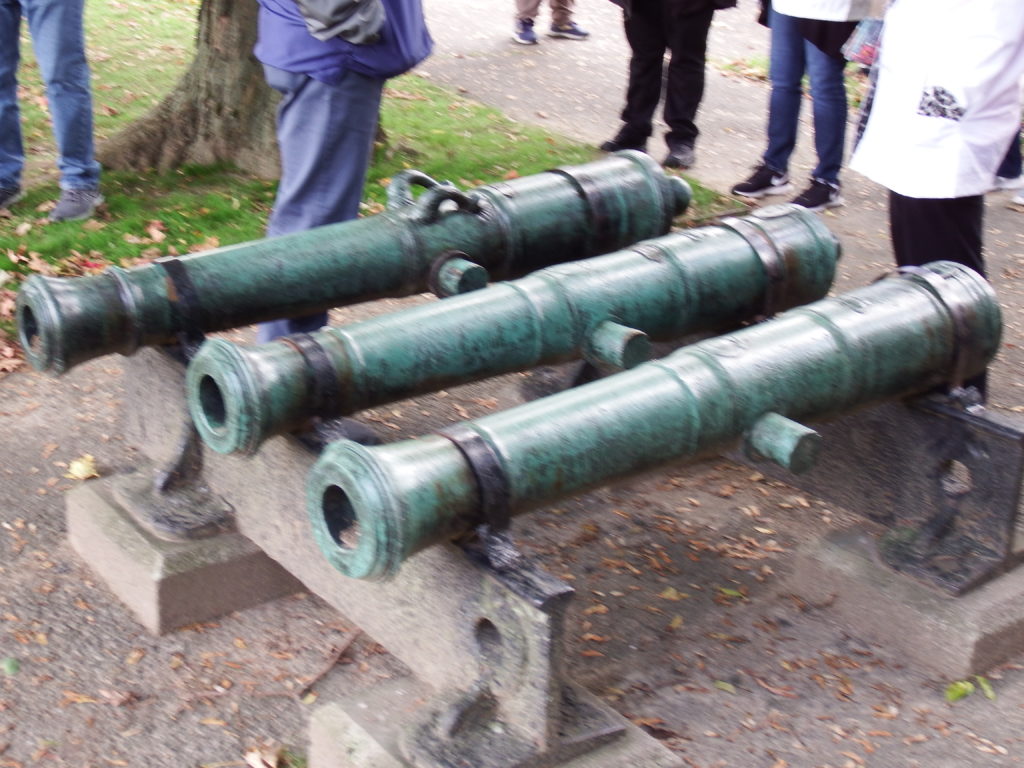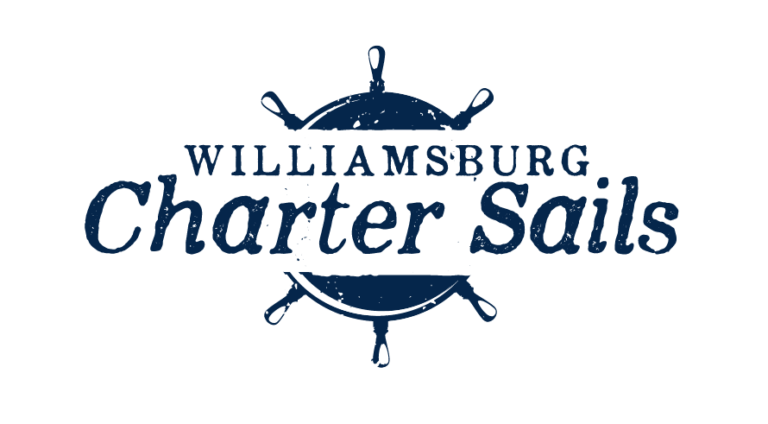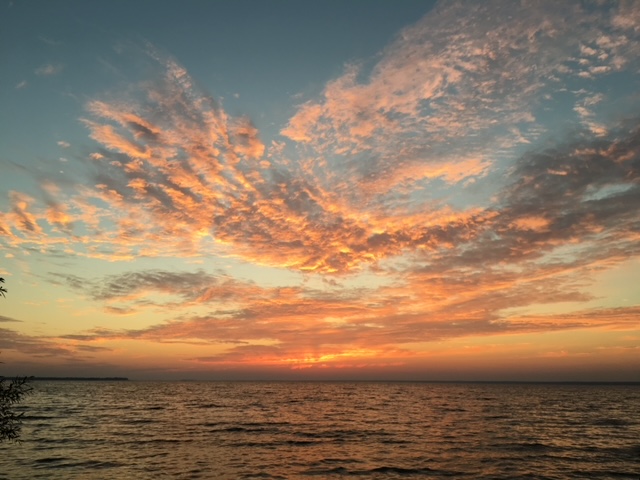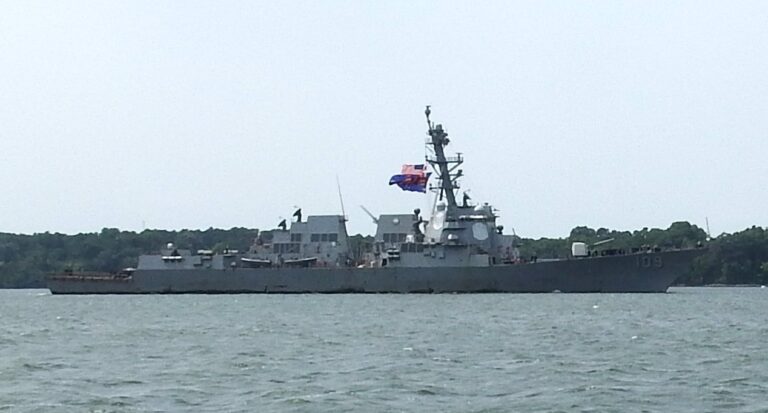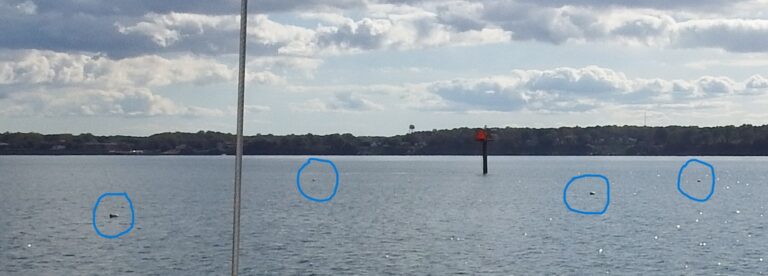One of the lesser-known issues of the Revolutionary War is the evolving battle strategy of the British Army. As historian and USCG Capt. Don Albert told me, “We Americans care more about the results of strategy than the intent.” What follows weaves his account into mine while cruising up the Hudson River.
Fort Arnold
Washington considered the Hudson so vital that he established his Army headquarters at Fort Arnold. It had been named for Gen. Benedict Arnold and changed to West Point once Arnold defected. Washington was obsessed with the Hudson for good reason and didn’t want to depart to fight elsewhere, namely Yorktown. Indeed, one-third of all battles in the war were fought in the Hudson Valley.
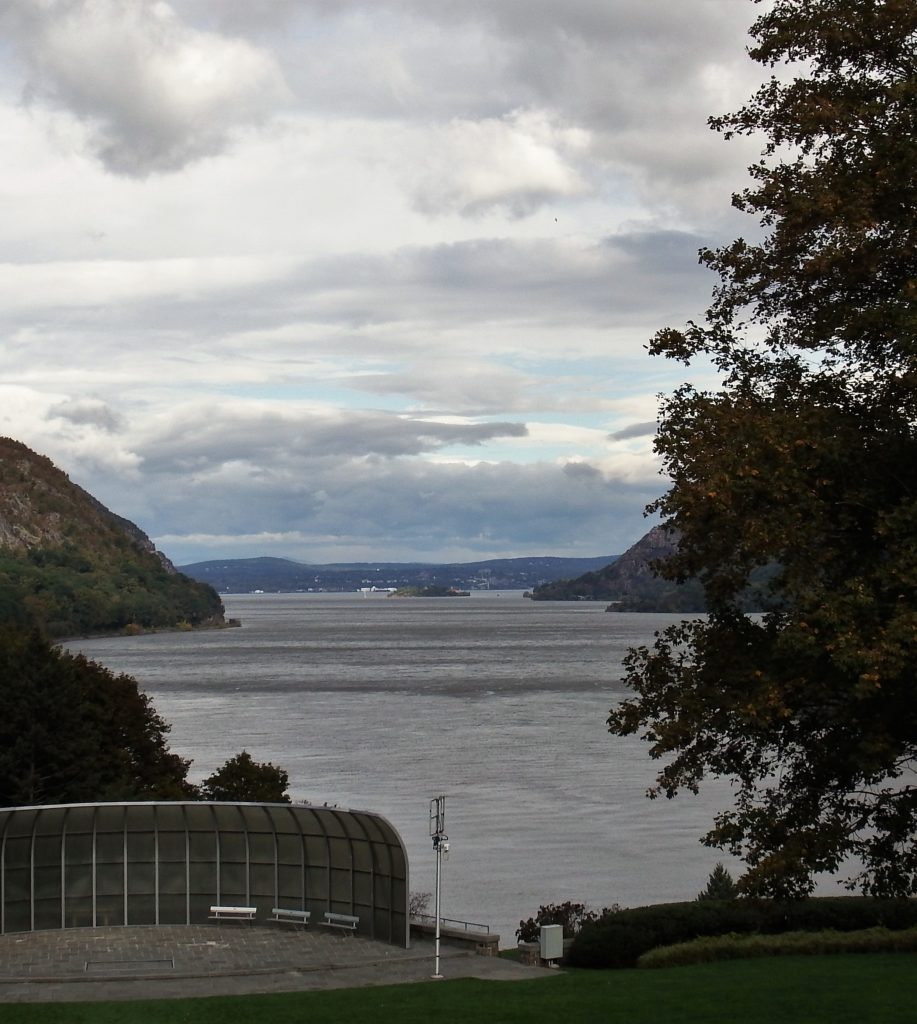
Gen. George Washington considered blocking the river crucial to preventing the British from ascending. His fear was that they would continue up to Lake Champlain and on to Montreal where they would simply cut New England off from the rest of the nation.
Separation Anxiety
The Brits sought to separate New England from other colonies in a grand strategy to divide and conquer North from South. The strategy was not to end the war, but to separate New England and isolate the fight there with Britain’s finite number of troops and Hessians. Then the British would work to preserve loyalist colonies west of the Hudson by winning hearts and minds.
The river stretched 415 miles from the tip of New York and was record 202 feet at West Point. Washington installed the Great Chain across river at Fort Arnold (West Point) to prevent the British from sailing north. Each link weight 110 lbs. and extended 500 yards across the Hudson by floating out on logs. This indisputably prevented British warships from controlling the Hudson.
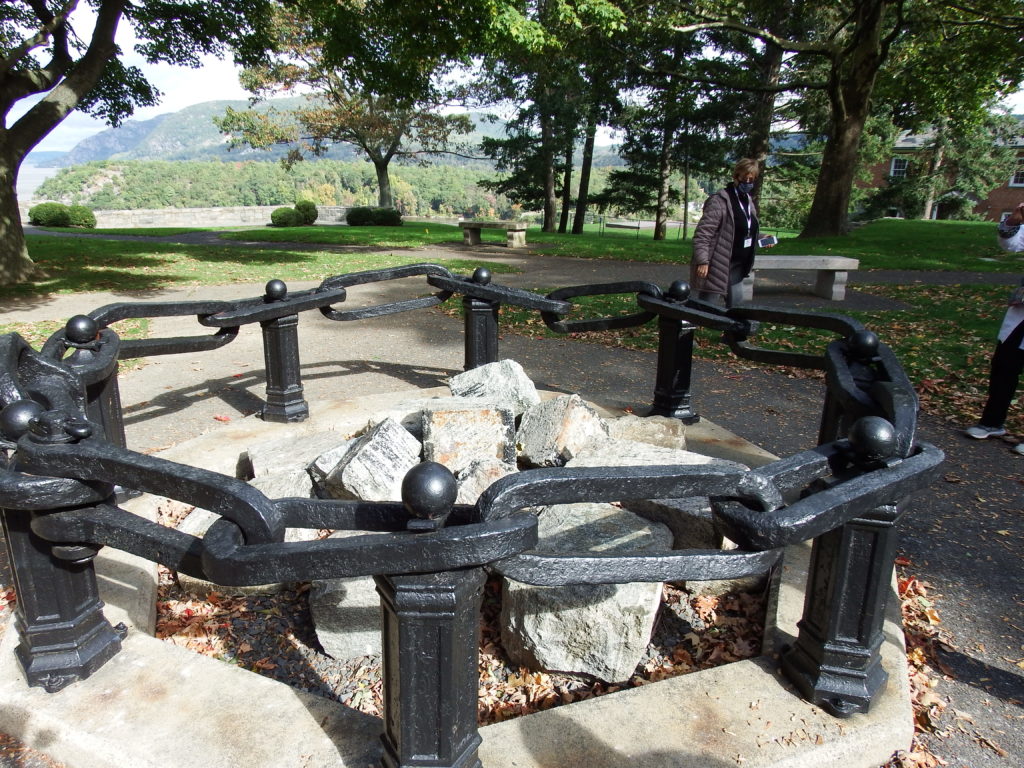
3-Way Prong
Britain under Gen. Henry Clinton intended a three-way prong, or wedge, via Hudson to Sarasota. That blew up when American forces prevailed at the Battle of Saratoga, the first major victory of the war. Benedict Arnold deserved much of the glory for the US win, but he was denied it and that helped drive him to defect. As he became disillusioned, Arnold began spying for the adversary.
Without the Great Chain in place, the British would have free sailing all the way to Albany. Isolating the states east of Hudson would have disrupted the war due to isolation. In Kingston, the Rev. Rob Sweeny told me that it would have interrupted communication, travel and most important shipping.
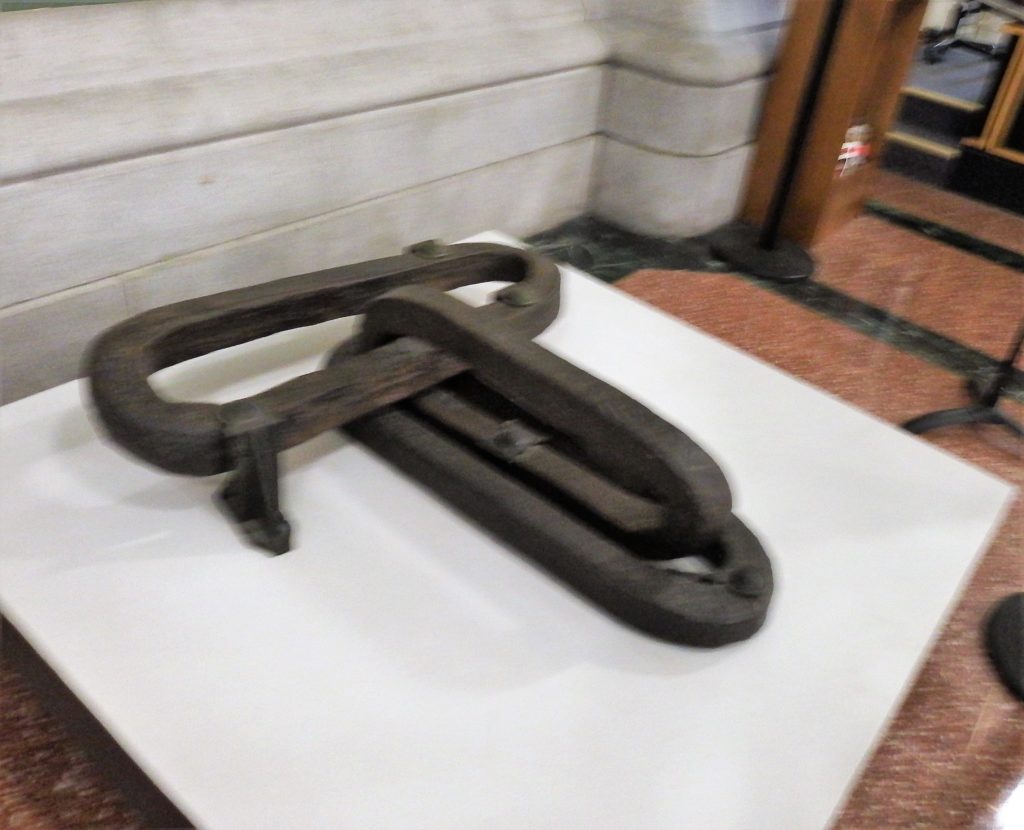
Southern Strategy
By 1780 the British shifted from a New England strategy to Southern strategy. After numerous battles in the Carolinas, Cornwallis made it to Virginia where his orders had changed. Now he was tasked with taking nearly two dozen warships up the York River and James River, where he would deploy 18,000 troops to split Virginia in two. That would have effectively won the war since it would create three disasters for America:
- The second-most politically active state would be cut in two.
- The largest state in the Union would be neutralized.
- Britain would shed the North and keep the South for its exports.
British needed lumber, tobacco, sugar, cotton and rice, mostly from South. One theory is that they would have been delighted to cede the North and keep the South, presaging the divide of 1861 but for entirely different reasons.
Let’s Go Sail
Scroll down Rates and pick a day for a sailboat charter. Scroll down Reviews on Trip Advisor. Go back to the Home Page of Williamsburg Charter Sails.
